Thu, 26 May, 00:00 - 01:30 UTC
Moderators: Mingyi Hong, University of Minnesota, USA; Anthony Kuh, University of Hawaii, USA
Panelists:
- Soummya Kar, Carnegie Mellon University, USA
- H. Vincent Poor, Princeton University, USA
- Michael Rabbat, Meta Platforms Inc, USA
- Anna Scaglione, Cornell University, USA
- Alex Sprintson, Texas A&M University, USA
Description
Advances in hardware and a proliferation of applications for edge devices and systems (mobile phones, sensor networks, IoT devices) have led to more processing and learning at the edge. In particular, Federated Learning (FL) where data gathering and learning takes place at the edge devices and systems have become key research areas in both academia and industry. Additional concerns that Federated Learning addresses include privacy, communications, heterogeneous systems, and heterogeneous data. This panel addresses signal and information processing advances for Federated Learning. Some of the issues that will be addressed include; key technical innovations that drive FL research, FL use cases in industry, emerging applications in FL, and future directions of FL research.
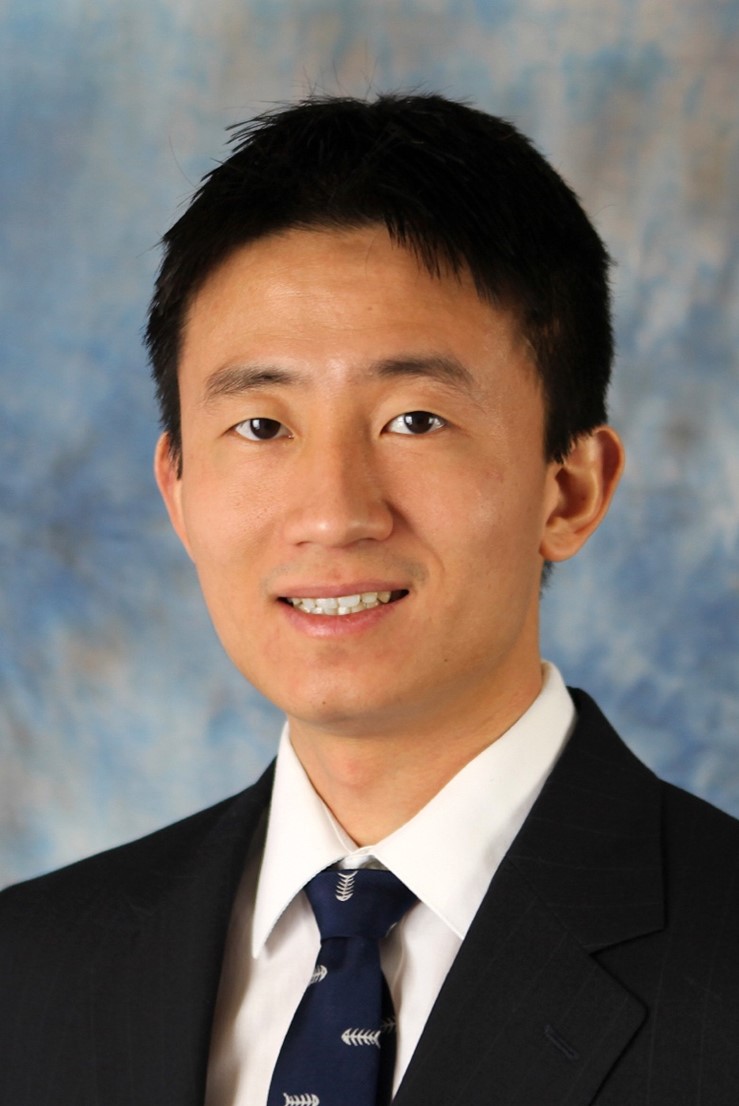
Mingyi Hong is an Associate Professor in the Department of Electrical and Computer Engineering, University of Minnesota. Currently, he is serving on the IEEE Signal Processing for Communications and Networking (SPCOM) technical committee, and as an Associate Editor for IEEE Transactions on Signal Processing. His research interests are in optimization theory and its applications in information processing and machine learning. He is the recipient of a Facebook Research Award and an IBM Faculty Research Award. He has received several best (student) paper awards, including an IEEE Signal Processing Society Best Paper Award (2021), an International Consortium of Chinese Mathematician Best Paper Award (2020), and a Best Student Paper Award from NeurIPS Workshop on Scalability, Privacy, and Security in Federated Learning.
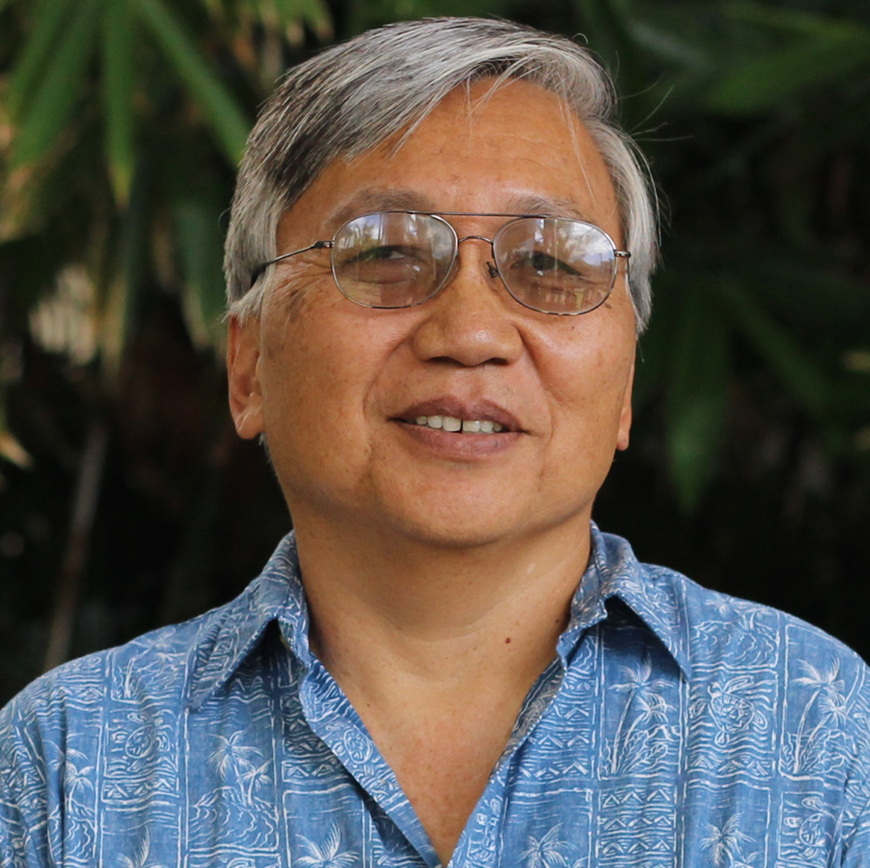
Anthony Kuh received his B.S. in Electrical Engineering and Computer Science at the University of California, Berkeley in 1979, an M.S. in Electrical Engineering from Stanford University in 1980, and a Ph.D. in Electrical Engineering from Princeton University in 1987. He previously worked at AT&T Bell Laboratories and has been on the faculty in Electrical Engineering at the University of Hawai’i since 1986. He is currently a Professor in the Department and previously served as Department Chair. His research is in the area of neural networks and machine learning, adaptive signal processing, sensor networks, and renewable energy and smart grid applications. He won a National Science Foundation Presidential Young Investigator Award and is an IEEE Fellow. From 2017 – 2021 he served as program director for NSF in the Electrical, Communications, and Cyber Systems (ECCS) division working in the Energy, Power, Control, and Network (EPCN) group. At NSF he also assisted in initiatives including Harnessing the Data Revolution (HDR), the Mathematics of Deep Learning (MoDL), the AI Institutes, Cyber Physical Systems (CPS), and Smart and Connected Communities. He previously served on the Awards Board of the IEEE Signal Processing Society and is President of the Asia Pacific Signal and Information Processing Association.
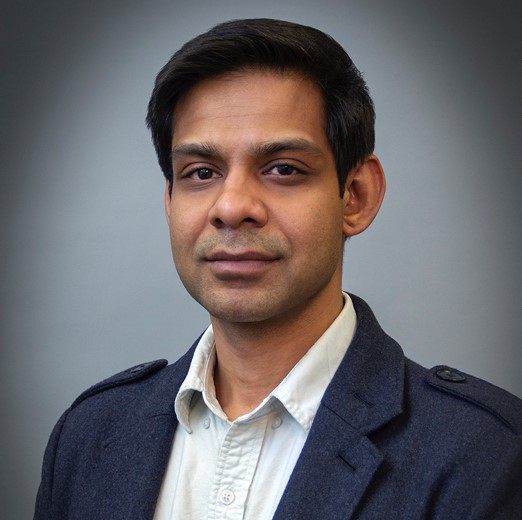
Soummya Kar received a B.Tech. in electronics and electrical communication engineering from the Indian Institute of Technology, Kharagpur, India, in May 2005 and a Ph.D. in electrical and computer engineering from Carnegie Mellon University, Pittsburgh, PA, in 2010. From June 2010 to May 2011, he was with the Electrical Engineering Department, Princeton University, Princeton, NJ, USA, as a Postdoctoral Research Associate. He is currently a Professor of Electrical and Computer Engineering at Carnegie Mellon University, Pittsburgh, PA, USA. His research interests include decision-making in large-scale networked systems, stochastic systems, multi-agent systems and data science, with applications to cyber-physical systems and smart energy systems. Recent recognition of his work includes the 2016 O. Hugo Schuck Best Paper Award from the American Automatic Control Council and a 2016 Dean's Early Career Fellowship from CIT, Carnegie Mellon. He is a fellow of the IEEE.
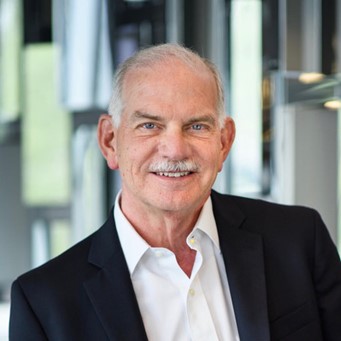
H. Vincent Poor is the Michael Henry Strater University Professor at Princeton University, where his interests include information theory, machine learning and network science, and their applications in wireless networks, energy systems, and related areas. His publications in these areas include the forthcoming book Machine Learning and Wireless Communications (Cambridge University Press). Dr. Poor is a Member of U.S. National Academy of Engineering and U.S. National Academy of Sciences, and a foreign member of the Royal Society and other national and international academies. He received the IEEE Alexander Graham Bell Medal in 2017.
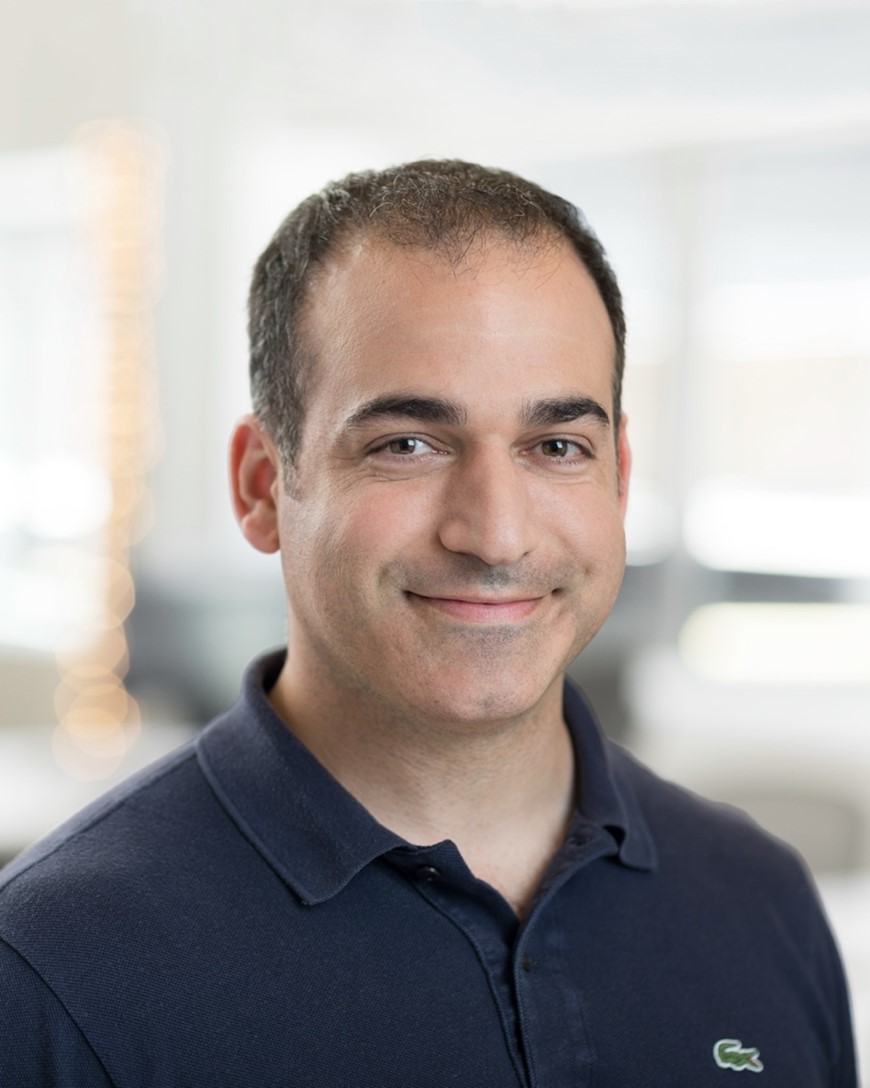
Michael Rabbat is a Research Scientist and Manager in FAIR, the fundamental AI research group of Meta Platforms Inc. He received the BSc degree from the University of Illinois, Urbana-Champaign, the MSc degree from Rice University, and the PhD from the University of Wisconsin, Madison, all in electrical engineering. From 2007-2018 he was a professor at McGill University, and he has held visiting positions at IMT-Atlantique, Brest, France, the Inria Bretagne-Atlantique Research Center, Rennes, France, and KTH Royal Institute of Technology, Stockholm, Sweden. His research interests include optimization for machine learning, large-scale and distributed optimization, and federated learning. He is a Senior Member of the IEEE, and he has served on the editorial boards of IEEE Signal Processing Letters, IEEE Transactions on Signal and Information Processing Over Networks, and IEEE Transactions on Control of Network Systems.

Anna Scaglione (M.Sc.'95, Ph.D. '99) is currently a professor in electrical and computer at Cornell Tech, the New York City campus of Cornell University, Prior to that she held faculty positions at Arizona State University, the University of California at Davis, Cornell University (the first time) and the University of New Mexico. She is IEEE fellow since 2011 and received the 2013, IEEE Donald G. Fink Prize Paper Award, the 2000 IEEE Signal Processing Transactions Best Paper Award the NSF CAREER grant (2002). She is co-recipient with her students of several best student papers awards at conferences and received the 2013 IEEE Signal Processing Society Young Author Best Paper Award with one of the PhD students. She was Distinguished Lecturer of the Signal Processing Society in 2019 and 2020, when most of her travel was cut short by the pandemic. Dr. Scaglione's expertise and research considers theoretical and applied problems is in statistical signal processing, communications, optimization theory and cyber-physical systems.
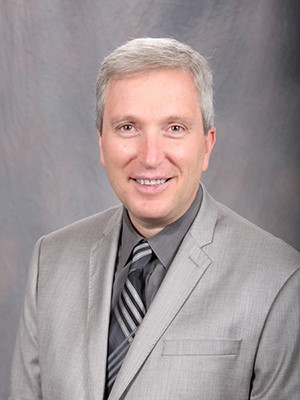
Dr. Alex Sprintson joined NSF as a rotating Program Director in September 2018, in the Directorate of Computer & Information Science and Engineering (CISE). He manages networking research within the Networking Technologies and Systems (NeTS) and Secure and Trustworthy Cyberspace (SaTC) programs. Alex Sprintson is a faculty member in the Department of Electrical and Computer Engineering, Texas A&M University, College Station, where he conducts research on wireless network coding, distributed storage, and software-defined networks. Dr. Sprintson received the Wolf Award for Distinguished Ph.D.students, the Viterbi Postdoctoral Fellowship, the TAMU College of Engineering Outstanding Contribution Award, and the NSF CAREER award. From 2013 and 2019 he served as an Associate Editor of the IEEE Transactions on Wireless Communications. He has been a member of the Technical Program Committee for the IEEE Infocom 2006--2023.
